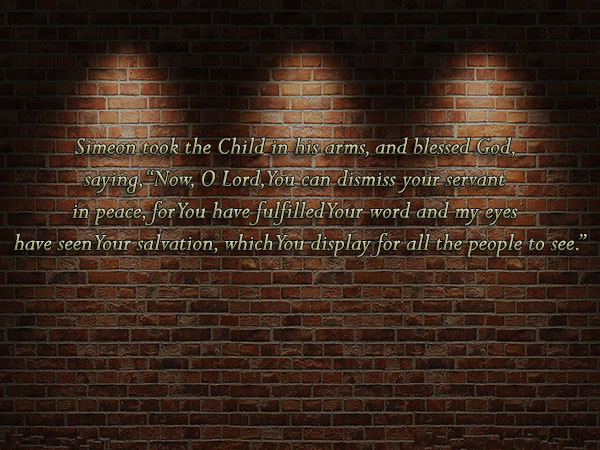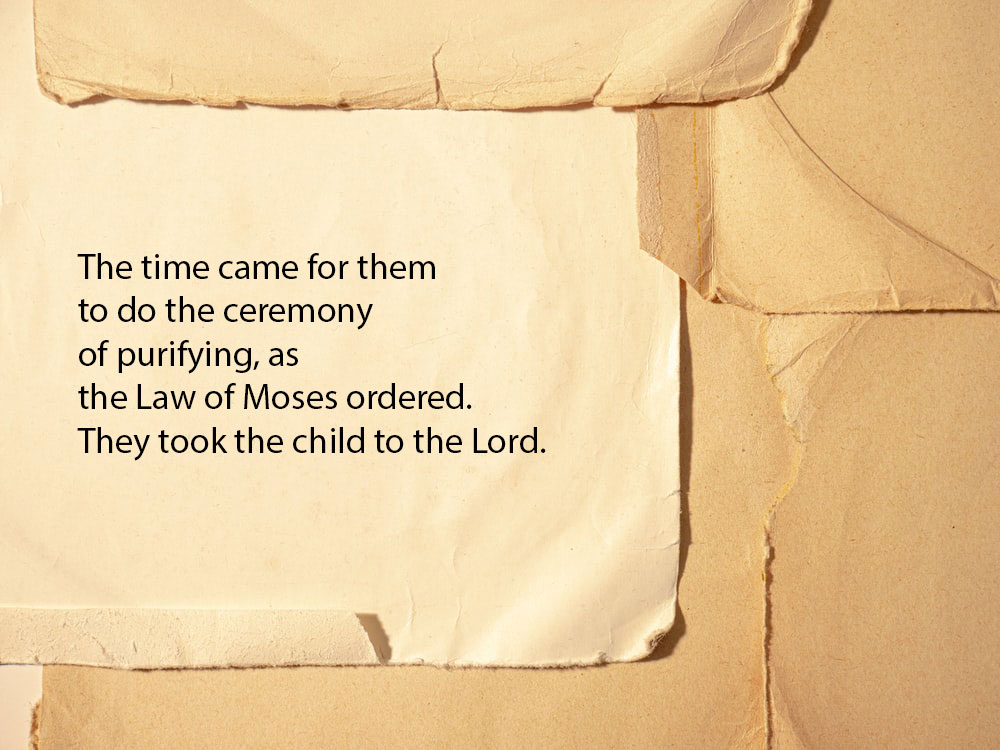Gospel: Mk 2:13-17
When Jesus went out again, beside the lake, a crowd came to him, and he taught them. As he walked along, he saw a tax collector sitting in his office. This was Levi, the son of Alpheus. Jesus said to him, “Follow me!“ And Levi got up and followed him.
And it so happened that, when Jesus was eating in Levi’s house, tax collectors and sinners sat with him and his disciples; there were a lot of them, and they used to follow Jesus.
But Pharisees, men educated in the law, when they saw Jesus eating with sinners and tax collectors, said to his disciples, “Why does your master eat and drink with tax collectors and sinners?“
Jesus heard them, and answered, “Healthy people don’t need a doctor, but sick people do. I did not come to call the righteous, but sinners.“REFLECTION:
“Jesus, Merciful High Priest“
Jesus is the High Priest! He is one who enters the “sacred sanctuary“ and offers the “sacred sacrifice“ for the forgiveness of sins as did the High Priest in the Jewish temple worship. But unlike the High Priest of the Old Testament, Jesus does not offer the blood of bulls or lambs; HE IS HIMSELF THE SACRIFICE!
Jesus, our High Priest, having been identified as one of us sinners through his baptism in the Jordan, fully understands our human weakness in the face of temptation. Jesus “immersion“ experience has made him so compassionate for us sinners. We can express this very well in Pilipino: Dahil si Jesus ay naki-isa at naki-salo sa atin, meron na siyang pan-dama para sa atin. Marunong makiramay si Jesus sa mga mahina.“
Thus, Jesus was not ill at ease mingling with tax collectors and sinners, who became his friends! Indeed, from among them he even calls Levi, a tax collector to be his apostle! It scandalizes the “am better than you“ self-righteous ones!“
But Jesus stands by his “tastes“ for He did not come “to call the righteous, but sinners.“ What a word of consolation and hope to us poor sinners! Pope Francis himself encountered this Jesus, the merciful High Priest. He became a companion of Jesus for he was “miserando atque eligendo“ (lowly but chosen)!
2014 Copyright. Claretian Communications Foundation Inc








